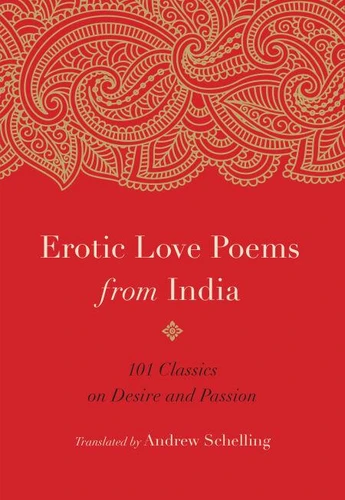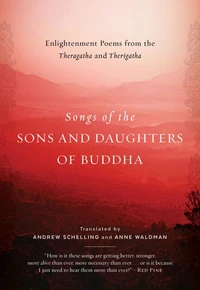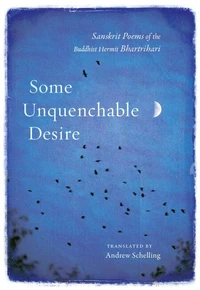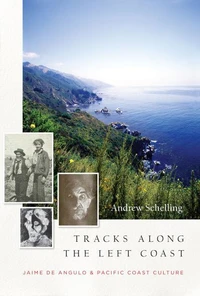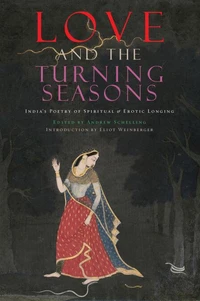Erotic Love Poems from India. 101 Classics on Desire and Passion
Par :Formats :
Disponible dans votre compte client Decitre ou Furet du Nord dès validation de votre commande. Le format ePub protégé est :
- Compatible avec une lecture sur My Vivlio (smartphone, tablette, ordinateur)
- Compatible avec une lecture sur liseuses Vivlio
- Pour les liseuses autres que Vivlio, vous devez utiliser le logiciel Adobe Digital Edition. Non compatible avec la lecture sur les liseuses Kindle, Remarkable et Sony
- Non compatible avec un achat hors France métropolitaine
 , qui est-ce ?
, qui est-ce ?Notre partenaire de plateforme de lecture numérique où vous retrouverez l'ensemble de vos ebooks gratuitement
Pour en savoir plus sur nos ebooks, consultez notre aide en ligne ici
- Nombre de pages144
- FormatePub
- ISBN978-0-8348-2615-1
- EAN9780834826151
- Date de parution15/01/2019
- Protection num.Adobe DRM
- Taille2 Mo
- Infos supplémentairesepub
- ÉditeurShambhala
Résumé
The poets of classical India regarded love as the first and deepest of passions. Translator and scholar Andrew Schelling perfectly encapsulates the history and passion of eighth-century India in this collection."A single stanza of the poet Amaru, " declared a ninth-century poetry critic, "may provide the taste of love equal to what's found in whole volumes." Graceful and yet remarkably playful, intensely passionate, and at times hinting of divine transcendence, the poems translated here offer poignant glimpses into the many faces of erotic love.
This collection, known in Sanskrit as the Amarushataka ("One Hundred Poems of Amaru"), was compiled in the eighth century and remains to this day one of India's finest collections of love poetry. Legend connects the poetry's authorship to King Amaru of Kashmir, while present-day scholars generally consider it an anthology of the verses of many poets.
This collection, known in Sanskrit as the Amarushataka ("One Hundred Poems of Amaru"), was compiled in the eighth century and remains to this day one of India's finest collections of love poetry. Legend connects the poetry's authorship to King Amaru of Kashmir, while present-day scholars generally consider it an anthology of the verses of many poets.
The poets of classical India regarded love as the first and deepest of passions. Translator and scholar Andrew Schelling perfectly encapsulates the history and passion of eighth-century India in this collection."A single stanza of the poet Amaru, " declared a ninth-century poetry critic, "may provide the taste of love equal to what's found in whole volumes." Graceful and yet remarkably playful, intensely passionate, and at times hinting of divine transcendence, the poems translated here offer poignant glimpses into the many faces of erotic love.
This collection, known in Sanskrit as the Amarushataka ("One Hundred Poems of Amaru"), was compiled in the eighth century and remains to this day one of India's finest collections of love poetry. Legend connects the poetry's authorship to King Amaru of Kashmir, while present-day scholars generally consider it an anthology of the verses of many poets.
This collection, known in Sanskrit as the Amarushataka ("One Hundred Poems of Amaru"), was compiled in the eighth century and remains to this day one of India's finest collections of love poetry. Legend connects the poetry's authorship to King Amaru of Kashmir, while present-day scholars generally consider it an anthology of the verses of many poets.

